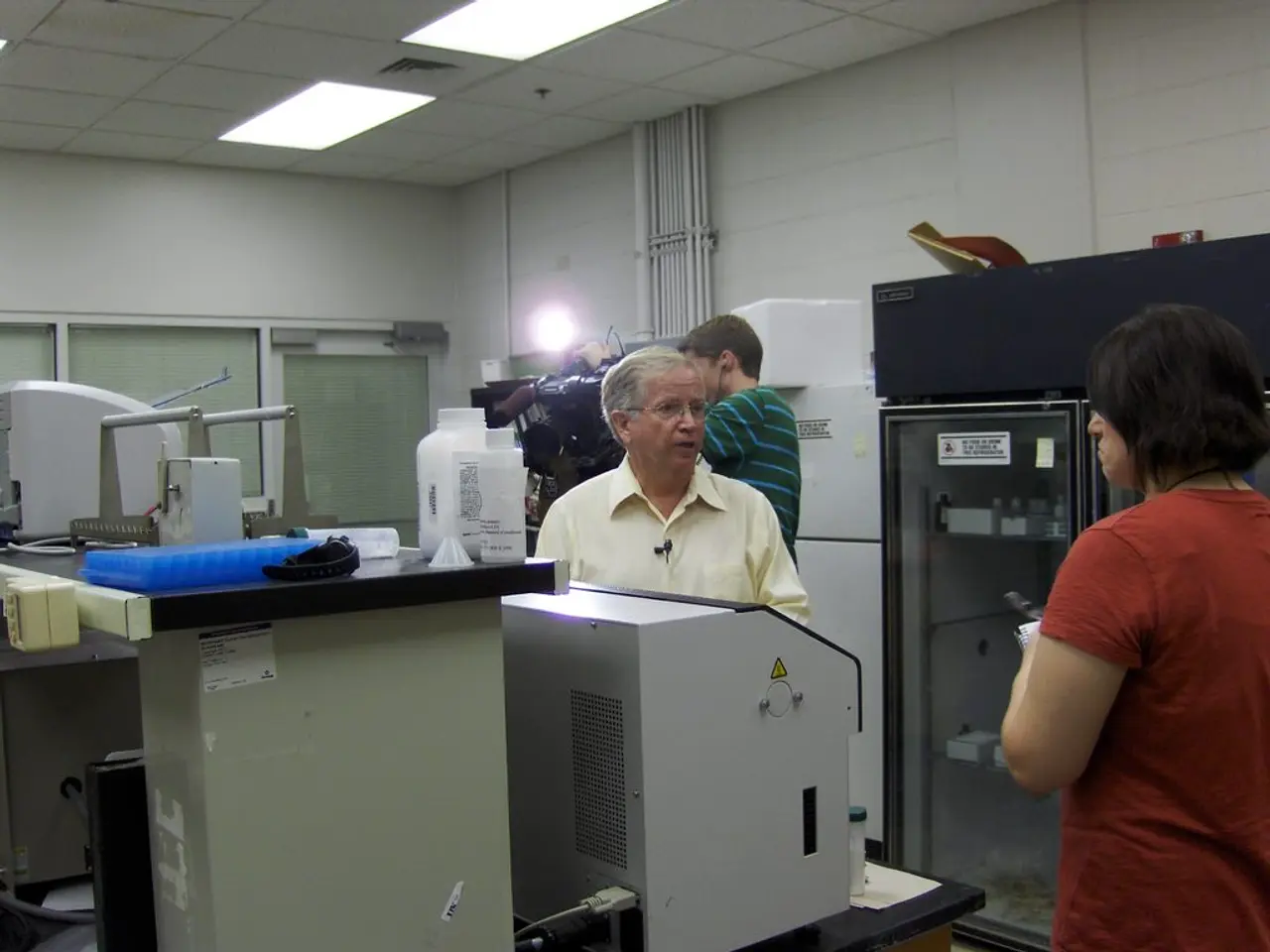Artificial intelligence manipulates YouTube videos, leaving creators unaware, raising safety concerns
In the digital world, where user-generated content is king, a heated debate has arisen over the treatment of creators by platforms like YouTube. Many argue that these platforms, which profit from their work, should view them as partners, not pawns.
Recently, YouTube has been using artificial intelligence to alter YouTube Shorts without informing or obtaining consent from the creators. This revelation has sparked outrage among creators, who feel their creative control has been undermined.
Rhett Shull, a musician and YouTuber, was one of the first to notice these changes. In a video that has since garnered over 700,000 views, he expressed his concerns. The changes made by YouTube's AI include smoothed skin, unnaturally sharpened clothing wrinkles, and distorted features like warped ears. These alterations, Shull argued, give videos an artificial sheen that clashes with the raw, authentic aesthetic many creators strive for.
Another prominent music YouTuber, Rick Beato, echoed Shull's concerns. He pointed out that these AI enhancements could erode the trust that holds the digital world together, one unapproved edit at a time.
Creators on platforms like YouTube are rallying under hashtags like #YouTubeAIEdits, sharing side-by-side comparisons of their videos and demanding greater transparency. Some call for YouTube to implement an opt-out mechanism, while others advocate for a complete halt to AI enhancements unless explicitly approved.
The controversy over YouTube's AI edits is more than a dispute over video quality; it raises questions about creator autonomy and the need for ethical guidelines in an era of rapidly expanding AI capabilities. Experts warn that YouTube's actions could set a dangerous precedent for how AI is used in digital media, threatening the authenticity that audiences crave.
People turn to creators for real, unfiltered perspectives, and when a platform like YouTube alters that content without disclosure, it erodes trust - not just in the creator, but in the entire ecosystem. The lack of transparency has left creators feeling like their work is no longer fully their own, raising questions about who truly controls the content on YouTube.
For many, leaving YouTube, a platform with unmatched reach and monetization potential, isn't a viable option. However, some creators are exploring alternative platforms like Vimeo or Patreon, where they can exert greater control over their content.
Without transparency and consent, the line between enhancement and manipulation becomes dangerously thin. As AI's capabilities continue to expand, the need for ethical guidelines and creator empowerment has never been greater.
Read also:
- visionary women of WearCheck spearheading technological advancements and catalyzing transformations
- A continuous command instructing an entity to halts all actions, repeated numerous times.
- Oxidative Stress in Sperm Abnormalities: Impact of Reactive Oxygen Species (ROS) on Sperm Harm
- Is it possible to receive the hepatitis B vaccine more than once?








